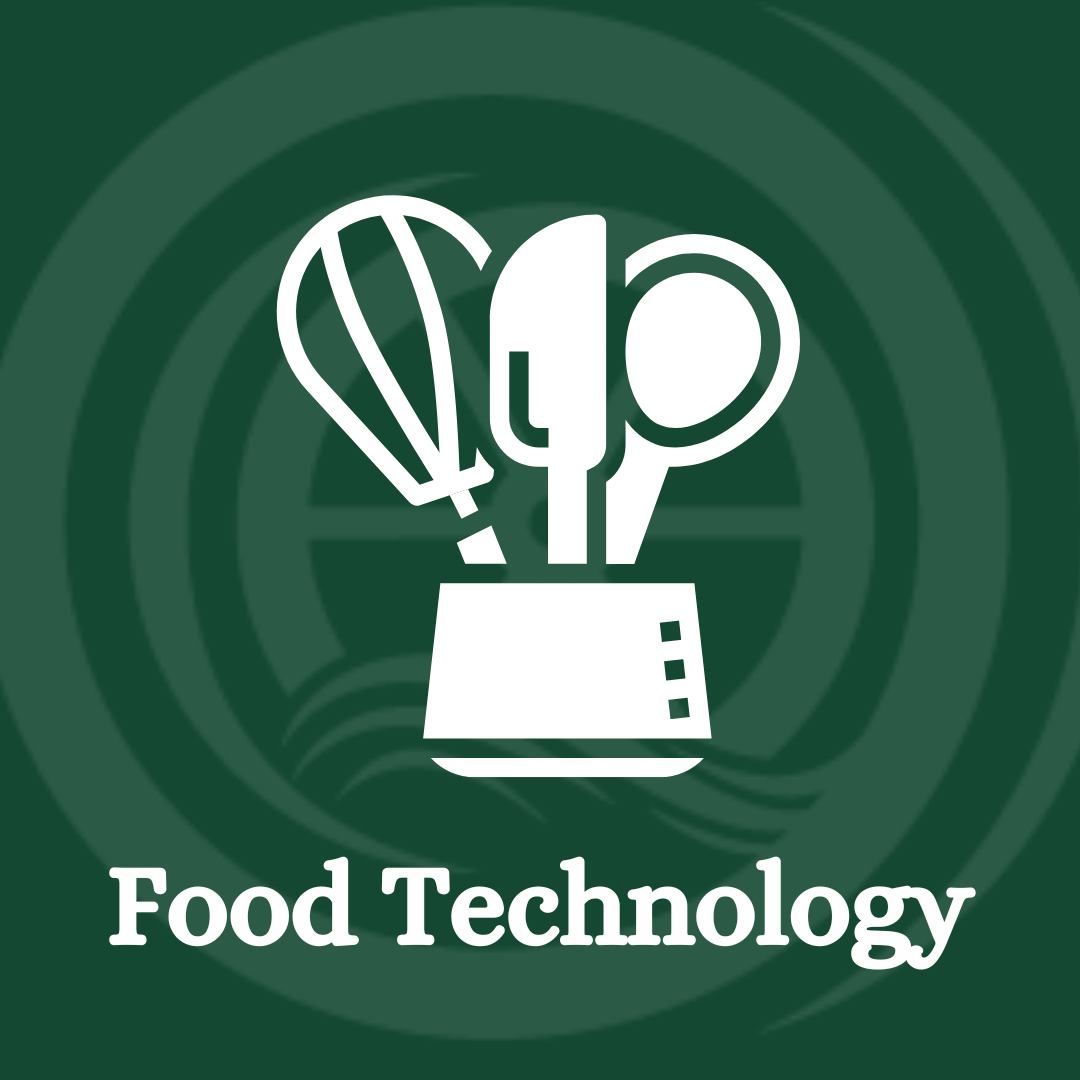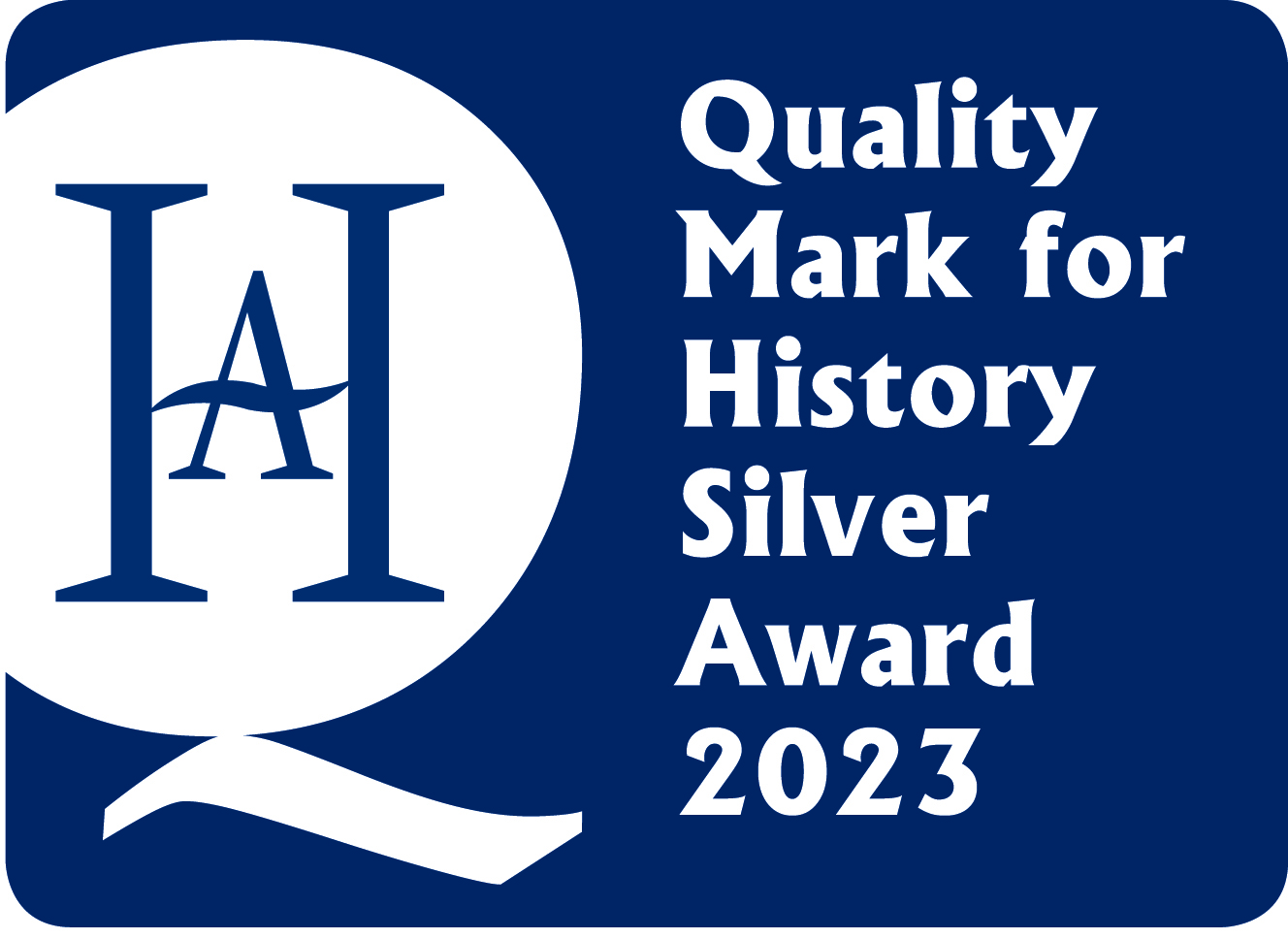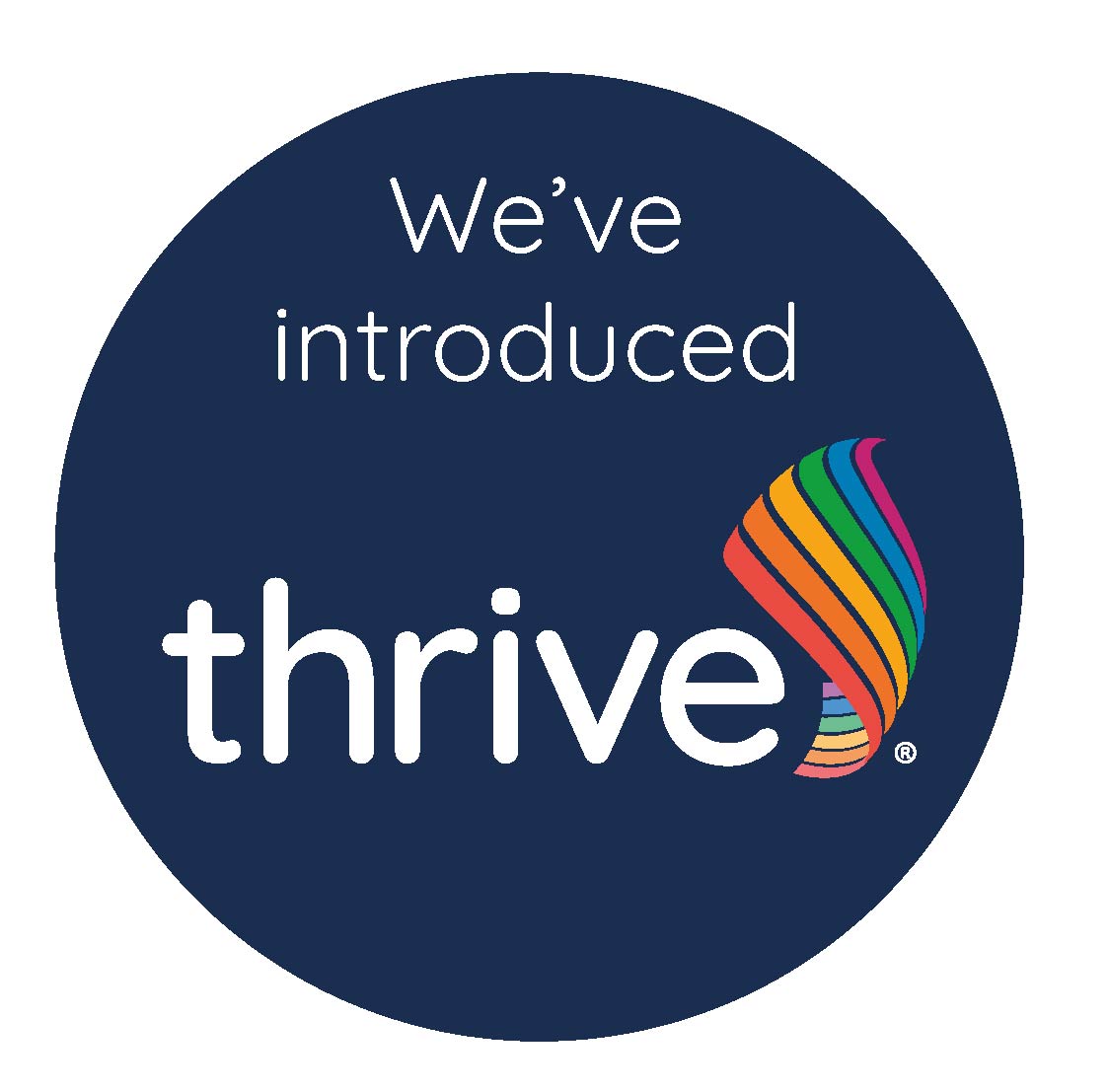Food Technology

“Give a person a fish, and they will feed themselves for a day, teach them how to fish, and they will feed themselves for life”
Curriculum Intent
Our curriculum vision applies to all our young people, regardless of background, gender, sexual orientation or ability.
Our young people will develop a life-long love of learning about Food Technology through the study of food commodities and their provenance, nutrition and the role food plays in our present and future health through our rich, broad and balanced curriculum and expert delivery in Food Technology lessons.
All students at Heworth Grange School are without exception entitled to a world-class food education that is holistic, ambitious and aspirational and will promote their physical, social, emotional and intellectual development through the study of food and the design and production of good quality food products that promote a healthy lifestyle.
It is vital that we prepare our young people so that they are empowered to become engaged, positive and respectful citizens who can make informed choices regarding food through a dedicated focus on professional development. They will explore the various issues relating to food that have an impact on our health, economy and environment, the role food plays in different cultures and how they can make informed choices as consumers.
We are responsible for ensuring our young people are confident to pursue ambitious next steps in food education, employment or training which will support their future careers. The study of food, food products and its service can open their minds to opportunities for further food-based education and food-related careers and the wide range of transferable skills used in Food Technology that can be applied in their future careers.
Knowledge and skills:
Through our curriculum, students:
- Build knowledge and understand how concepts and skills link between topics and subjects by applying knowledge gained in Maths, Science, Humanities and Art when studying food commodities, their origins, properties and when designing and making food products.
- Develop confidence in communication skills and have the opportunity to critically question and debate the wider issues surrounding food choices such as Fairtrade, Organic, and food miles when designing and evaluating food products justifying the choices they have made and those of others.
- Develop a love of reading and the skills to read fluently, having the opportunity to explore wider significant and exclusive Food Technology texts to increase their awareness of food provenance, the range of ingredients available and inspire them to develop their food preparation and cooking skills to create new food products.
- Learn to self-regulate and work independently as well as collaboratively during practical food investigations and manufacture planning time and actions to ensure success.
- Learn about the world around them and inclusive historical contexts when studying ingredients and manufactured food products.
- Will have the opportunity for deep thinking and to get into their ‘flow’ when researching, designing, making and evaluating food products in response to tasks.
- Develop strong mathematical fluency when applying mathematical skills to measure time, temperature, weight and volume of ingredients, product size and portion, shape and pattern, and to calculate costs.
Curriculum Overview
Click on the document at the bottom of this page to view an easy read version of the full curriculum overview





Food and Cookery
Qualification (type and exam board): Level 1 and 2 Technical Award NCFE
Assessment (examination %, coursework %, or otherwise):
Non-exam assessment (NEA) 60%
Examined assessment 40%
What will I learn?
- An understanding of health and safety in a cooking environment and how to prepare and cook food safely.
- The importance of legislation that governs the food industry.
- Where food is sourced, seasonality and food production processes.
- Food groups and the role of key nutrients to maintain a healthy, balanced diet.
- Factors that impact on food choice (to include health conditions, allergies and intolerances) and how dishes can be adapted.
- Developing, honing and applying food preparation skills and techniques to achieve a consistent
- Standard of the product over time.
- Recipe development and amendment.
- An understanding of the importance of planning and sequencing when cooking dishes.
- An understanding of how to present, decorate, garnish, evaluate and improve dishes.
How will I learn?
This qualification is designed for learners with an interest in food and cookery with a vocational and project-based element. It has a strong focus on developing skills required for food preparation and cooking. This will ensure learners have time to develop, practise and perfect a tangible skill set and be able to apply these to a range of contexts. The skills will be underpinned by teaching of key content and knowledge. Although this is a practical course, learners are required to study the key components in theory lessons and apply their knowledge to written tasks.
How will I be assessed?
Non-exam assessment (60%): Learners will respond to a brief set by the exam board. This will assess the learner’s ability to effectively draw together their knowledge, understanding and skills from across all vocational areas. It is an internally assessed piece of work where learners create a portfolio of evidence based on a response to a real-life situation that they may face when in employment.
Examined assessment (40%): Learners will complete an exam set and marked by the exam board. A variety of assessment questions will be used, including multiple choice, short answer and extended response.
What abilities, aptitudes, skills and interests will I need?
- Decision-making
- Resourcefulness
- Communication (verbal and written)
- Independence
- The ability to work within a team or group situation.
- Problem solving
- Good time management
- Planning
- Evaluating work
- Reflection on successes and errors
- Professional and safe behaviour
What opportunities can this course and qualification lead to?
Students who achieve level 1 might consider progression to level 2 qualifications at post 16:
- GCSE Food preparation and nutrition
- Level 1/2 Hospitality and Catering
- Certificate/diploma in Culinary skills
- NVQ Diploma in Food Production and cooking
Students who achieve level 2 might consider progression to level 3 qualifications at post 16:
- Level 3 applied certificate/diploma in professional cookery
- T Level in catering (this will support progression to higher education)
If you require any further information or have any questions, then please contact Mrs Thornton on heworthgrangeenquiries@consilium-at.com




